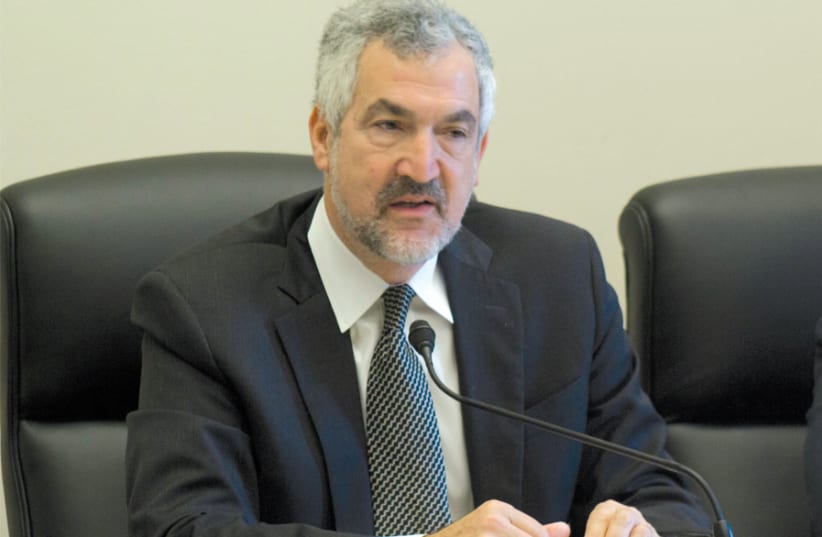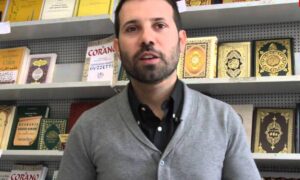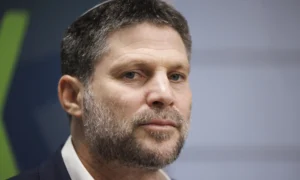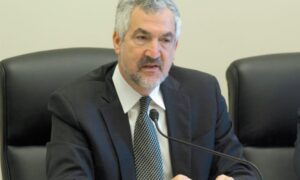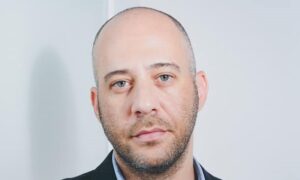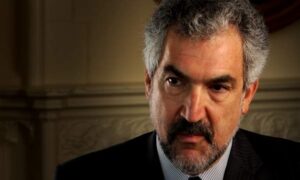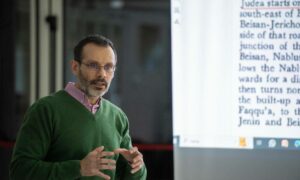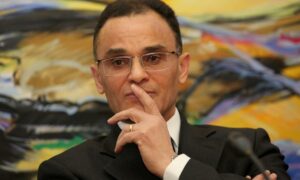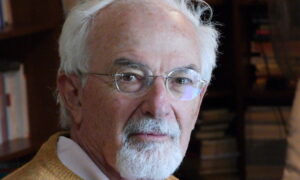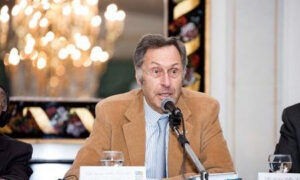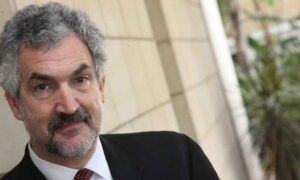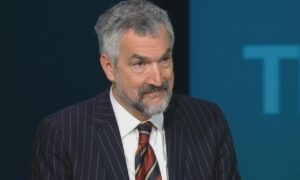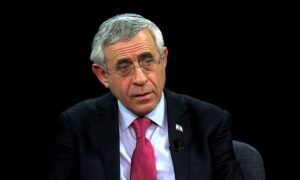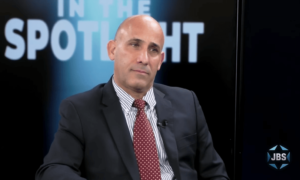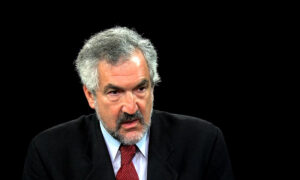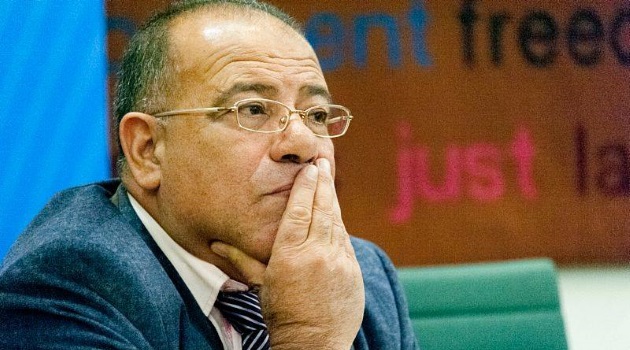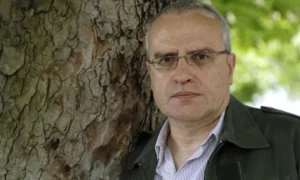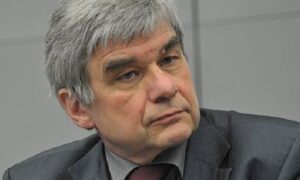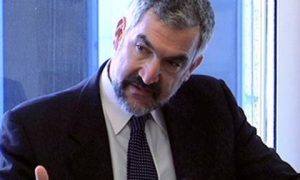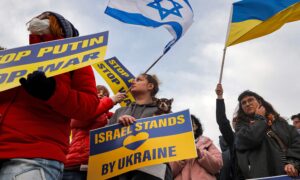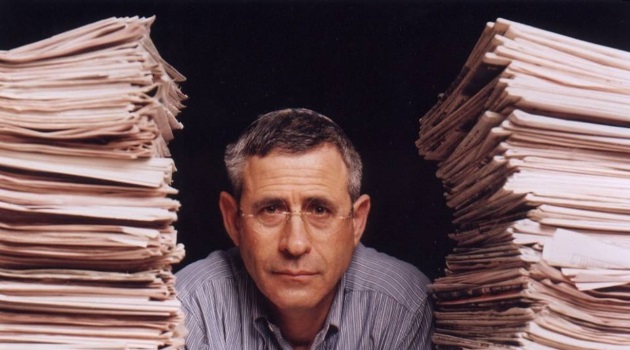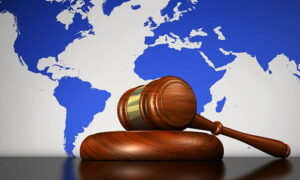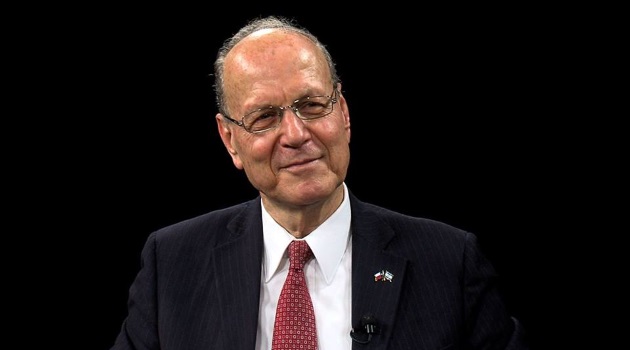A regular host at L’Informale, Daniel Pipes, president of the Middle East Forum, has answered some questions about Qatar and the ongoing war beteween Israel and Hamas.
The Qatar Investment Authority purchased the Park Lane Hotel in New York City from Steve Witkoff, a real estate investor, for $623 million. Now President Trump’s envoy, Witkoff praised Qatar in a recent interview with Tucker Carlson: “They’re good, decent people. What they want is a mediation that’s effective, that gets to a peace goal. And why? Because they’re a small nation and they want to be acknowledged as a peacemaker. … you have to trust the Qataris. … God bless them.” Do you see a connection between the purchase and the compliments?
I sure do. I grudgingly admire the remarkable talent of Qatar’s leaders. They turned a lot of natural gas and a country of about 300,000 nationals (or about half of 1 percent of Italy’s population) into a powerhouse in many different areas – education, media, sports, the arts, aviation, security – and have acquired influence at the highest levels in the most unexpected circles, including American Jewry and Jerusalem. Consider: probably not a single one U.S. Middle East hand even heard of Steve Witkoff before the November 2024 elections but the Qataris found him and already in August 2023 bought that hotel from him in a sweetheart deal. As I say, they are remarkable.
Witkoff also opined in that interview that Hamas is not so “ideologically locked in” and that it is not “ideologically intractable.” Where might that come from?
He wants to achieve a deal, so he flatters Hamas. Just as Trump prides himself on “the art of the deal,” so do his epigones.
Witkoff has no diplomatic experience and an amateur’s knowledge of the Middle East. Why did Trump chose him for such a delicate role?
For over a century, American presidents have purposefully chosen Middle East negotiators who know next to nothing about the region, seeing their ignorance as a advantage. President Woodrow Wilson, according to a presidential aide, felt his amateurs “were particularly qualified to go to Syria because they knew nothing about it.” See my article and blog, both titled “America’s Know-Nothing Diplomacy,” where I discuss the likes of Henry C. King and Charles R. Crane, John S. Wolf, the Iraq Study Group members, John J. Sullivan, and Jared Kushner.
What has been impact of the Witkoff–negotiated, Trump–imposed Hamas-Israel deal signed in mid-January?
It forced Jerusalem to trade Palestinian prisoners for Israeli hostages, stopping its war on Hamas and thereby impeding the Israel’s ability to destroy Hamas and win that war.
Israel’s Prime Minister Benjamin Netanyahu states that Qatar “is not an enemy country, and many praise it,” despite it supporting Hamas for decades and its current defense minister tweeting “We are all Hamas.” Is Netanyahu right?
No, he is wrong. Netanyahu praises Qatar for the same reasons as Witkoff praises Hamas: in pursuit of a deal. Further, Americans shills for Qatar push him toward Doha: “Qatar is crucial for Israel’s security and existence. Israel won’t be able to survive without cooperating with Qatar” an unnamed American told the chief Jerusalem Post editor. More broadly, Israeli governments since 2008 have looked to Doha either to fund Hamas or negotiate with it. This has created a perverse dependence that Netanyahu, in particular, seems unable to shake. After so many years, this relationship has finally blown up as the “Qatargate” scandal. Perhaps it will change attitudes.
Should Qatar be seen as an enemy and how much of a danger does it pose?
Yes, the Thani government is an enemy. Its clever use of its money to further Wahhabi goals makes it, along with Türkiye and Iran, the world’s foremost promotor of Islamism and jihad. Doha does so in a careful, balanced, long-term, and moneyed way that succeeds impressively well.
Why does the Hamas-Israel War keep going on and on?
Two major developments have impeded Israel from winning: its hostages and Hamas’ allies. The taking hostage of some 250 Israel residents created a large, vocal, and politically influential cohort which convinced roughly two-thirds of the Israeli body politic that the release of hostages should take precedence over defeating Hamas. Then, Oct. 7 prompted both the Islamic Republic in Iran and its proxies, Hezbollah in Lebanon and the Houthis in Yemen, to attack Israel in what became known as the “ring of fire.” Jerusalem responded forcefully against all three, which meant prematurely putting aside the war on Hamas itself. Other developments further added to the distraction: Netanyahu’s legal problems and his surgery, unceasing threats by his coalition partners to bolt, and the Witkoff deal noted above.
What do you predict for the Hamas-Israel War?
I expect Hamas will survive. It will do so under some arrangement adverse to Israel’s and the West’s interests. Israel’s longest war will also prove its least successful.
What is the significance of moving a second U.S. aircraft carrier group, the USS Carl Vinson, to the Middle East?
It signals to Ali Khamene’i and other leaders in Tehran that Trump’s tough talk (“If they don’t make a deal, there will be bombing. It will be bombing the likes of which they have never seen before”) could lead to action. But don’t ask me to forecast whether that will happen or not; Trump is just too unpredictable.
How do you assess Trump’s Middle East policies in his second term?
Like all of his policies, they are yet more erratic than during the first term. The White House has been taken over by a willful egomaniac, some of whose policies are excellent, others of which are terrible. What astonishes me is not Trump himself, who is he who he is, but those many American conservatives who not only picked him to be their leader but who offer him unbounded allegiance. I attribute this to their fury at liberals, a fury that Trump uncannily expresses.

